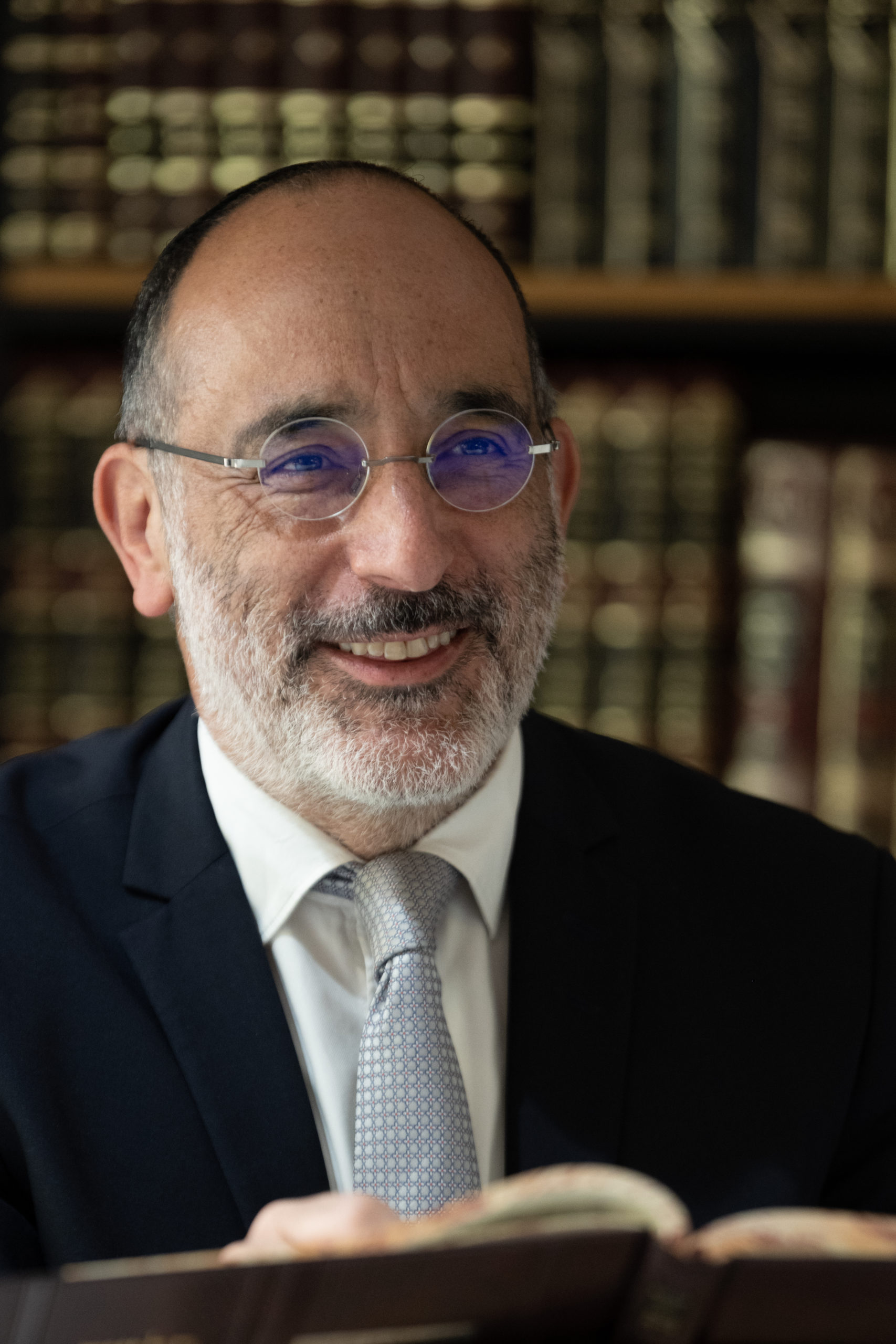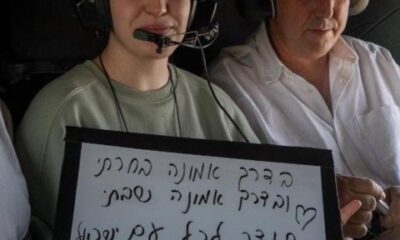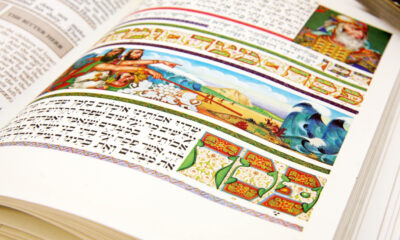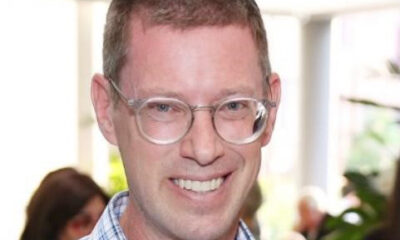
Religion

Pesach: freedom from binary thinking
I recently met a delegation from the World Union of Jewish Students. These university students had come to South Africa from countries around the world on a solidarity mission in the wake of the African National Congress (ANC) government’s hateful stance on Israel.
My conversations with these young leaders of tomorrow were really eye-opening. Their preconceptions of South Africa were of a country hostile to Jews, of an embattled Jewish community cowering in fear. One student from France had even gone so far as to register himself with the local French embassy for fear of what could happen to him. But then, when they arrived, they were astounded.
They were astounded at the nature of campus life for our students, at our vocal Jewish student organisations, and at Jewish students proudly and openly wearing yellow ribbons, kippot and tzitzit, and speaking up for Israel – a stark contrast to the climate of fear at campuses in the United States (US) and elsewhere.
They were particularly astounded at the vibrancy of our Jewish community – the bustling shuls and schools, the streets thronging with Jewish families over Shabbat, the warm hospitality they enjoyed staying at people’s homes, and sharing Shabbat meals.
In general, the sheer energy and positivity of the community took their breath away. And they were amazed by the atmosphere of tolerance and openness in South Africa, the fact that Jews can display their Jewishness loudly and proudly. Many come from countries in which that’s simply not possible.
And yet, as a community, we’ve endured real trauma these past few months since the 7 October attacks, with the ANC government supporting Iran and Hamas and, absurdly, charging Israel with genocide. We’ve also witnessed proud Jews like Philip Krawitz and David Teeger being targeted. It’s true, there are many troubling issues we’re facing, but we need to liberate ourselves from binary thinking, to hold both the positive and negative in our hearts and minds.
That’s one of the lessons of the Pesach seder. On the night, we eat maror and matzah, embracing both the bitter herbs – the pain of slavery, and the “bread of freedom” – the ecstasy of redemption. We recount the suffering of more than two centuries of slavery in Egypt – we face the pain head-on. But we also give thanks to Hashem for the incredible miracles – the great “signs and wonders” – that accompanied our liberation and our birth as a nation.
It’s not a binary story of all good or all bad. It’s complex, like our world. And in telling that story, we make space in our hearts for paradoxical emotions – pain and joy, fear and confidence. That complexity is the key to unlocking Jewish history; to understanding who we are as Jews, as individuals, and as a community. It takes emotional and intellectual maturity to see the big picture without being caught in binary thinking; to appreciate our many challenges and opportunities, difficulties and blessings, strengths and weaknesses.
This applies to the way we relate to our own South African Jewish community, but also to our reflections on Israel. It was inspiring to witness the incredible miracles of Saturday night, the hundreds of drones and missiles shot down in mid-air, and the remarkable multinational coalition, including the US, United Kingdom, Saudi Arabia, and Jordan, that came to Israel’s aid.
And yet, at the same time, our hearts are filled with so much pain for the families in Israel who will be sitting at their seder tables without loved ones – those who were savagely murdered on 7 October; brave soldiers who gave their lives in the Gaza war; and hostages who remain in the hands of sadistic terrorists.
As we sit at our own seders, free citizens of South Africa, free to live our Judaism as few have been in previous generations, with formidable challenges and astonishing blessings, let’s all keep in mind the hostages – our Jewish brothers and sisters who remain captive, their freedom taken away by terrible Hamas oppressors. Just before the Vehi Sheamda, let’s take a minute to say the words of this moving prayer for the return of the hostages, composed by Israel’s Chief Rabbi David Lau, to be said at seders across the Jewish world:
“May it be the will of our Father in Heaven who took his nation Israel out of the yoke of Egypt, He should bless and save our brothers and sisters, the hostages, who are held in iron chains. Strengthen their souls and faith, protect them from all harm and sickness, have mercy on his sons and daughters who look for his salvation, annul all cruel decrees. With His great kindness, He shall send their redemption and speedily take them from darkness to light and from the abyss of captivity to eternal freedom, and return them safely to their families and homes. Please, plant brotherhood, peace, and friendship in everyone’s hearts. Remove jealousy and baseless hatred, and spread over us the shelter of Your peace, so that we should soon merit to sing before You a new song.”
Wishing our entire community a chag kasher v’sameach, with beautiful and meaningful Pesach seders.
- Chief Rabbi Dr Warren Goldstein is the chief rabbi of South Africa.











kingsford boafo
April 19, 2024 at 5:27 pm
Please you have to respect the marriage as a great reason.
kingsford boafo
May 29, 2024 at 9:53 pm
Hello good night my dear